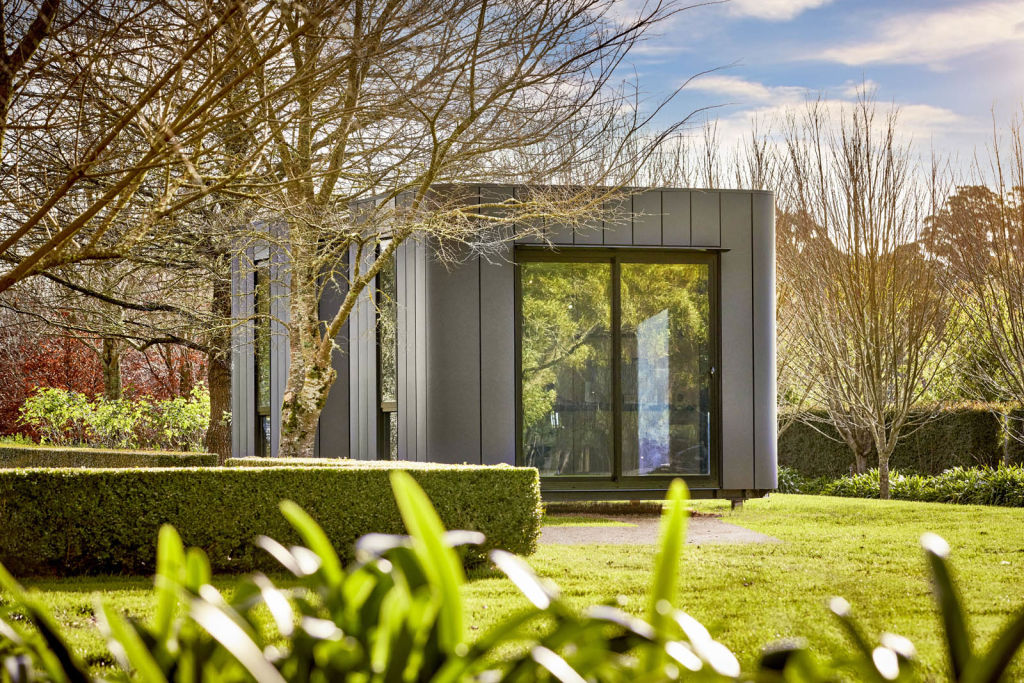With the rise of remote work, sustainability, and minimalist living, tiny houses, work-from-home (WFH) pods, and backyard cabins have become popular across Europe. However, rules and regulations differ from country to country. Understanding the requirements is crucial before building your tiny home or WFH pod in your backyard.
In this article, we will explore the legalities surrounding these structures, focusing on planning permissions, building codes, and zoning laws in various European countries.
Tiny Houses: European Regulations
Tiny houses offer freedom and simplicity, but their legal status is often a gray area. Here's a breakdown of the regulations for some major European countries:
Germany: Tiny houses are treated similarly to traditional homes, meaning you'll need planning permission. In some cases, they may also require compliance with energy efficiency standards. According to the *German Building Code* ("BauGB"), the house must fit with the local building landscape.
France: Tiny homes in France are classified under "mobile homes" or "caravans." In rural areas, it’s easier to gain permission for them. Urban areas have stricter rules, and placement often requires consultation with local authorities.
Netherlands: Tiny houses fall under "temporary housing." Special pilot programs in cities like Amsterdam have helped pave the way for this form of living, though each municipality can have different rules.
UK: A tiny house on wheels must adhere to the *Caravan Sites and Control of Development Act 1960*. Planning permission is required if the house is to be used as a permanent residence. If it's considered a "mobile home," different regulations may apply.
For a deeper understanding of rules, check out the guide below:
Tiny House Europe Guide - https://tinyhouseguide.eu
Work-From-Home (WFH) Pods: Rules and Permits
 The rise of remote work has led to more interest in WFH pods. Here are the regulations across key European regions:
The rise of remote work has led to more interest in WFH pods. Here are the regulations across key European regions:
Germany: WFH pods up to 10m² usually don't require planning permission, but if electricity or plumbing is installed, extra permits may be necessary.
France: Similar to Germany, small structures under 20m² typically don't need permission. However, pods with heating or plumbing are subject to more scrutiny.
Spain: Pods in Spain fall under backyard structures and may require a special permit, especially in urban areas.
Backyard Cabins: What You Need to Know


Backyard cabins can serve as guest rooms, offices, or storage spaces, but there are rules to consider:
UK: If your backyard cabin is under 2.5 meters in height and not closer than 2 meters to the property boundary, it typically falls under "permitted development," meaning no planning permission is required.
Germany: Backyard cabins larger than 30m² need full planning permission. In some states, even smaller cabins may require permits.
France: If the cabin is over 20m², a building permit is needed, but smaller cabins often require only a declaration of intent.
For the latest updates, visit:
Understanding the rules and regulations for
tiny houses,
WFH pods, and backyard cabins in Europe is essential before starting your project. Whether you're planning a minimalist lifestyle or creating an additional workspace, knowing the local laws will save you time and avoid legal issues.
Ready to find out more? Contact Us!
Our team at Offset Living Solutions is here to help you with any questions or to discuss your specific needs. Whether you're interested in a new home, office space, or vacation home, we have the perfect modular solution for you.
Get in touch today to start your journey with plug-and-play modular cabins and experience the future of modern living!

 The rise of remote work has led to more interest in WFH pods. Here are the regulations across key European regions:
The rise of remote work has led to more interest in WFH pods. Here are the regulations across key European regions:

